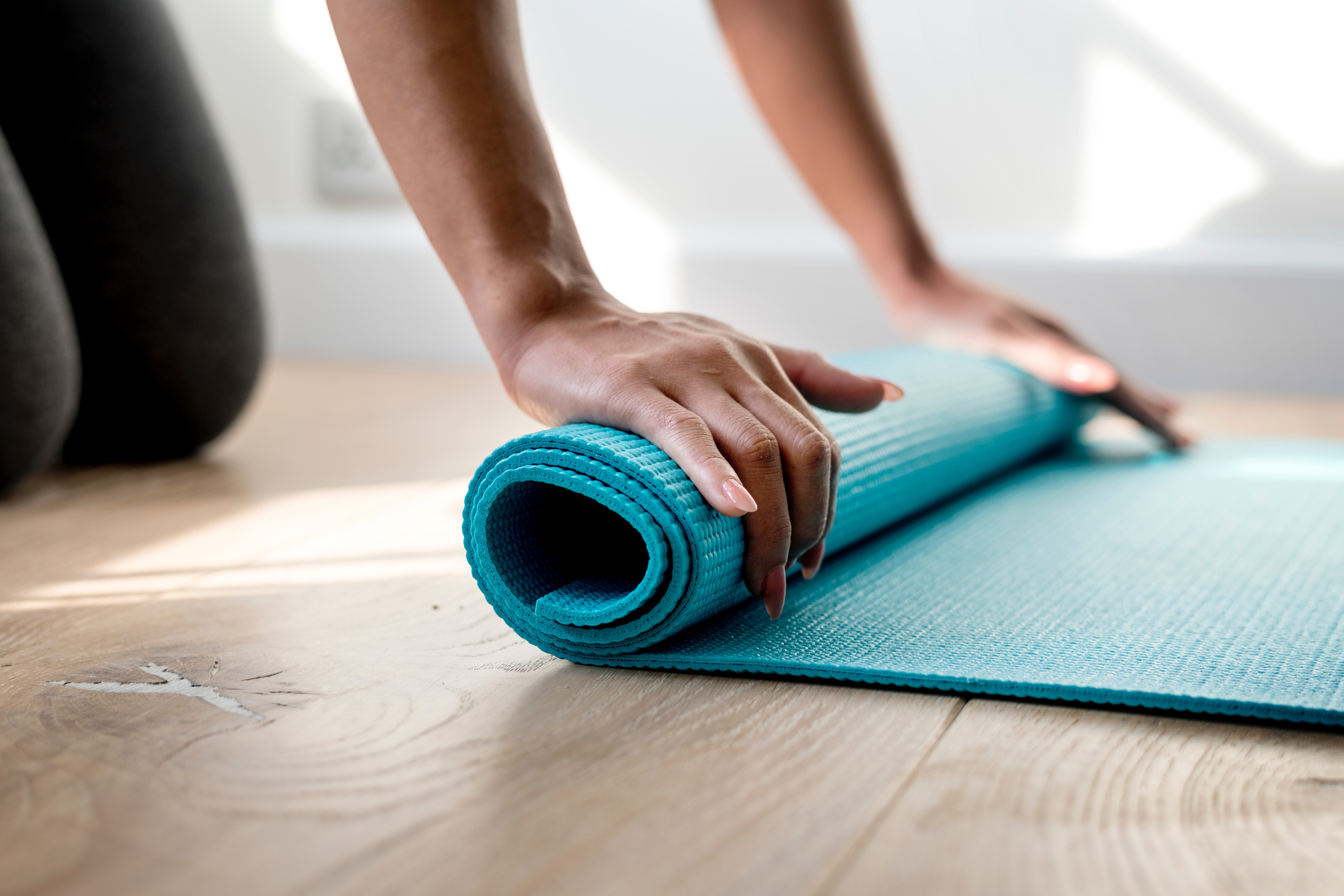Sleep & Seasonal Sniffles
Sep 27, 2019
Posted by: Monique Parker

This time of the year, I’m often asked ”what can I do to make sure I won’t pick up every cold and bug going around?"
I obviously tell people to eat well, meaning a varied diet with lots of fresh and wholesome foods (don’t forget to use onions, garlic, ginger and turmeric as these all boost your immune system!).
And of course, I mention the supplements that will support your immune system, such as probiotics, vitamin D, vitamin C, zinc, beta-glucans and elderberry or olive leaf extract.
There are many formulas available with vitamins, minerals and herbs that boost your immune system, including the ones mentioned above. Don’t forget, supplements on their own are not enough, of course you need to eat well too.
But what many people don’t expect to hear is the importance of a good night sleep.
Sleeping longer doesn’t necessarily prevent you from getting a cold, but not sleeping enough could negatively affect your immune system. Research has shown that people who don’t sleep well or not enough are more prone to picking up viruses, including the cold virus.
Sleep enhances immune defense. When you’re sleeping, your body releases cytokines. Cytokines are proteins that can be anti-inflammatory or pro-inflammatory. They have an effect on communication and interaction between cells and can create an immune response. If you don’t sleep enough, you won’t produce enough protective cytokines.
How can you make sure you sleep well?
- Make sure you get at least 30 minutes of outdoor daylight (within 1-2 hours of waking) to help reset your sleep/wake cycle.
- Try to get at least 30 minutes of exercise daily, but nothing too stimulating in the evening though and don’t exercise after 7pm.
- 2-4 hours before bedtime, start to block blue light from electronic devices such as computers, iPads, phones etc. You can use software like f.lux, which is a free download that warms up your computer display at night, to match your indoor lighting.
- Dim the lights in the evening.
- Unwind before bed by doing a bit of yoga, meditation, reading or breathing exercises.

- Have a bedtime ritual.
- Make sure the bedroom is dark (get black out blinds if needed).
Chemical messengers called serotonin and melatonin help to regulate the sleep-wake cycle and low levels can lead to restless sleep. Melatonin is often called the ‘hormone of darkness’ as it is produced in the body in response to dark and its production is suppressed in the light. Therefore, it is crucial to ensure a dark sleeping environment.
- Make sure the bedroom and you are cool (open a window, have a hot bath to reduce your core body temperature).
- Check the comfort of your mattress and pillow.
- Avoid taking a nap in the afternoon.
- Avoid eating large meals before bedtime.
- Avoid stimulants such as alcohol and caffeine (even green tea and dark chocolate) after midday.
- Avoid any foods that cause stomach problems during the night, i.e. reflux-causing meals containing spicy ingredients.
- Eat enough carbohydrates, especially at dinner, as carbohydrates suppress the waking signal in the brain. If you don’t eat grains or potatoes, eat more root vegetables.
- Have a ‘sleepy’ snack before bed. Some people wake up during the night because their blood sugar drops too much, and they need ‘fuel’. An oatcake with nut butter, some nuts, a hard-boiled egg, a hot milky drink with some coconut oil in it for substance etc.
- Foods containing tryptophan improve sleep (meat, poultry, seafood, egg for instance).
And if you still come down with a nasty cold, you’ll be able to fight it quicker if your body is well rested!






